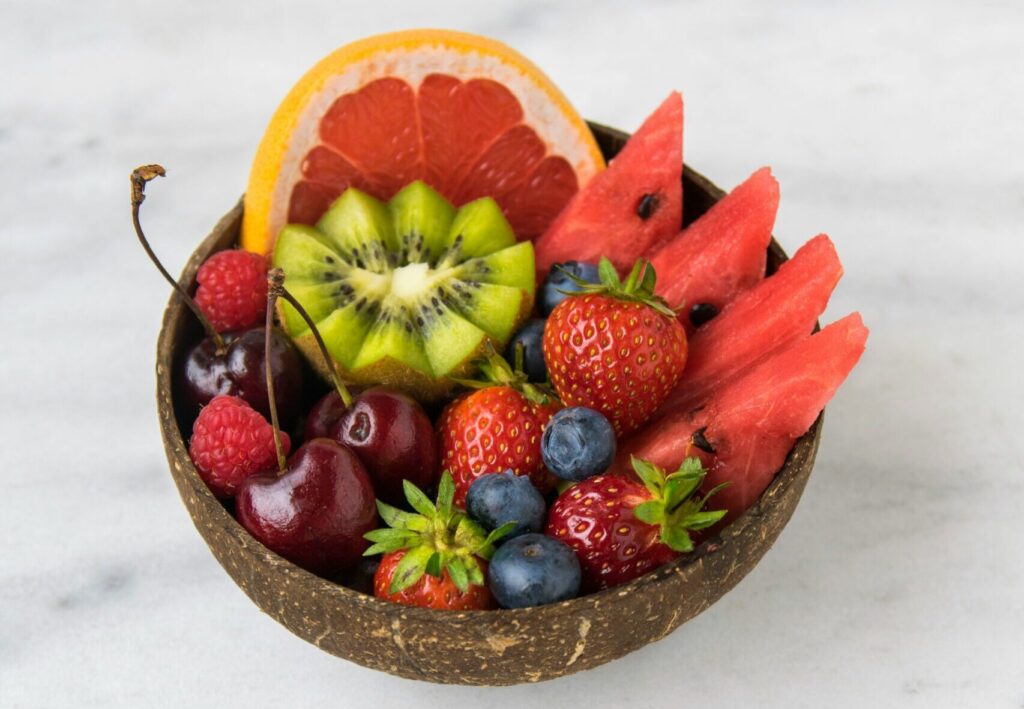In recent years, the spotlight on gut health has intensified, revealing a complex relationship between the gut microbiome and overall well-being. At the heart of this conversation are probiotics—live microorganisms that, when consumed in adequate amounts, confer health benefits to the host. This article delves into the role of probiotics in gut health and their subsequent impact on fitness and physical performance.
Understanding Probiotics and Gut Health:
Probiotics are beneficial bacteria that contribute to the population of healthy microbiota in the gastrointestinal tract. The gut microbiome plays a crucial role in digestion, immune function, and nutrient absorption—factors integral to maintaining optimal health and enhancing physical performance.
Benefits of Probiotics for Gut Health:
- Enhanced Digestive Function: Probiotics help balance the gut flora, promoting efficient digestion and preventing issues like bloating, constipation, and diarrhea.
- Boosted Immune System: A significant portion of the immune system is located in the gut. Probiotics strengthen gut integrity, potentially reducing the risk of infections and inflammation.
- Improved Nutrient Absorption: A healthy gut microbiome enhances the body’s ability to absorb nutrients from food, crucial for energy production and muscle repair.
Probiotics and Fitness:
The benefits of probiotics extend beyond gut health, influencing fitness levels and athletic performance in several ways:
- Reduced Recovery Time: By mitigating inflammation and enhancing nutrient absorption, probiotics can help reduce muscle soreness and speed up recovery after intense workouts.
- Increased Energy Levels: Efficient nutrient absorption means more fuel for energy production, potentially improving endurance and stamina.
- Enhanced Protein Utilization: For those focused on muscle gain, probiotics can improve the body’s ability to synthesize and utilize protein, aiding in muscle repair and growth.
Sources of Probiotics:
Incorporating probiotics into your diet can be done through supplements or naturally fermented foods. Some rich probiotic sources include:
- Yogurt and kefir, particularly those labeled with “live and active cultures.”
- Fermented vegetables, such as sauerkraut and kimchi.
- Other fermented foods like kombucha, miso, and tempeh.
Choosing the Right Probiotic:
When selecting probiotic supplements, consider the following:
- Strain Specificity: Different strains offer different benefits. Research the strains included in a supplement to ensure they match your health goals.
- CFU Count: Colony-forming units (CFU) indicate the number of live and active microorganisms. Look for products with a CFU count in the billions.
- Quality and Purity: Opt for reputable brands that provide third-party testing and quality assurance.
The symbiotic relationship between gut health and fitness underscores the importance of nurturing our gut microbiome. Through the strategic incorporation of probiotics into our diets, we can harness their potential to enhance digestive health, immune function, and physical performance. As we continue to unravel the complexities of the gut microbiome, the role of probiotics in achieving optimal health and peak fitness levels becomes increasingly clear.
Embrace the power of probiotics to support your gut health and fitness journey. Experiment with incorporating probiotic-rich foods into your diet or consult with a healthcare professional about adding a probiotic supplement. Share your experiences and tips for a healthy gut in the comments below, and subscribe for more insights into nutrition and wellness.



